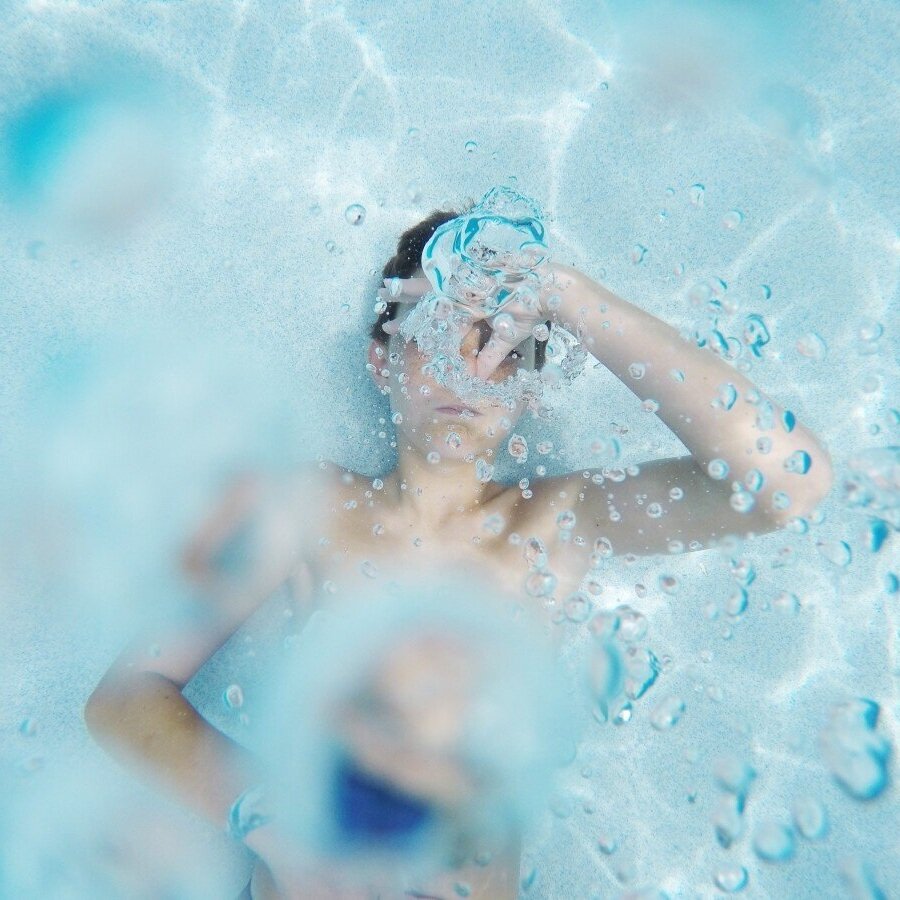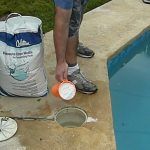Welcome to our comprehensive guide on how to aerate pool water effectively to maintain a clean and healthy swimming environment. Proper aeration is essential for ensuring that your pool water remains balanced and free of contaminants. In this article, we will discuss the importance of pool water aeration, different methods of aerating your pool, and tips for maintaining optimal water quality. Let’s see how to aerate a swimming pool!
The Importance of Pool Water Aeration
Aerating pool water involves the process of increasing the oxygen levels in the water, which is crucial for several reasons. Adequate aeration helps prevent the growth of algae and harmful bacteria by promoting circulation and maintaining water clarity. It also helps in adjusting the pool’s pH levels and preventing the buildup of harmful gases such as carbon dioxide.
Methods of Aerating Pool Water
There are several methods you can use to aerate your pool water effectively. Let’s explore some popular options:
1. Pool Fountains And Waterfalls
Installing pool fountains or waterfalls is a visually appealing way to aerate your pool water. These features create movement and agitation, which helps in increasing oxygen levels and improving overall water circulation.
2. Aeration Systems
Aeration systems, such as air pumps and diffusers, are specifically designed to introduce air into the pool water. These systems are efficient in increasing oxygen levels and maintaining water quality.
3. Manual Aeration
You can manually aerate your pool water by using a pool brush or a net to create movement on the surface. This simple method can help in breaking surface tension and improving oxygen exchange.
Tips for Aerating Pool Water
Here are some tips to help you aerate your pool water effectively:
- Run your pool pump and filtration system regularly to promote water circulation.
- Clean your pool filters regularly to ensure optimal filtration and aeration.
- Avoid overusing pool chemicals, as they can affect water aeration and quality.
- Monitor your pool’s pH levels regularly and adjust as needed to maintain balance.
- Consider using a combination of aeration methods for optimal results.

Credit: www.reddit.com

Credit: www.livingwatersaeration.com
Frequently Asked Questions
Q: What is pool water aeration?
A: Pool water aeration is the process of increasing the oxygen levels in the water by introducing air or creating agitation to improve water quality and circulation.
Q: Why is pool water aeration important?
A: Aerating pool water helps prevent stagnant water, improves water clarity, and prevents the buildup of algae and bacteria by promoting oxygenation and circulation.
Q: What are the benefits of aerating pool water?
A: Benefits include:
- Enhanced water clarity
- Improved circulation and distribution of pool chemicals
- Prevention of algae growth
- Reduction of unpleasant odors
- Promotion of a healthier swimming environment
Q: How can I aerate my pool water?
A: You can aerate pool water using various methods, including:
- Running pool jets or water features
- Using a fountain or waterfall
- Installing an aerator or air blower
- Stirring the water manually with a pool brush or pool rake
Q: How long should I aerate my pool water?
A: Aeration can be done continuously or intermittently, depending on your pool’s needs. For best results, consider running aeration equipment for several hours each day, especially during hot weather or when chemical treatments are added.
Q: Can I aerate my pool water without equipment?
A: Yes, you can manually aerate pool water by stirring it with a pool brush, rake, or by splashing water with pool toys. While not as efficient as mechanical aerators, manual methods can still help improve water circulation and oxygenation.
Q: When is the best time to aerate pool water?
A: Aerate pool water during non-peak hours to avoid disrupting swimming activities. Early morning or late evening is often ideal. Additionally, aerate after adding chemicals to help distribute them evenly throughout the pool.
Final Words
Properly aerating your pool water is essential for maintaining a clean, safe, and enjoyable swimming environment. By following the methods and tips outlined in this guide, you can ensure that your pool water remains balanced and free of contaminants. Remember, regular aeration is key to keeping your pool water crystal clear and inviting for swimmers of all ages.
We hope this guide has been helpful in understanding the importance of pool water aeration and how to achieve optimal results. Dive in and enjoy your refreshing pool knowing that you have taken the necessary steps to keep your water clean and healthy!





